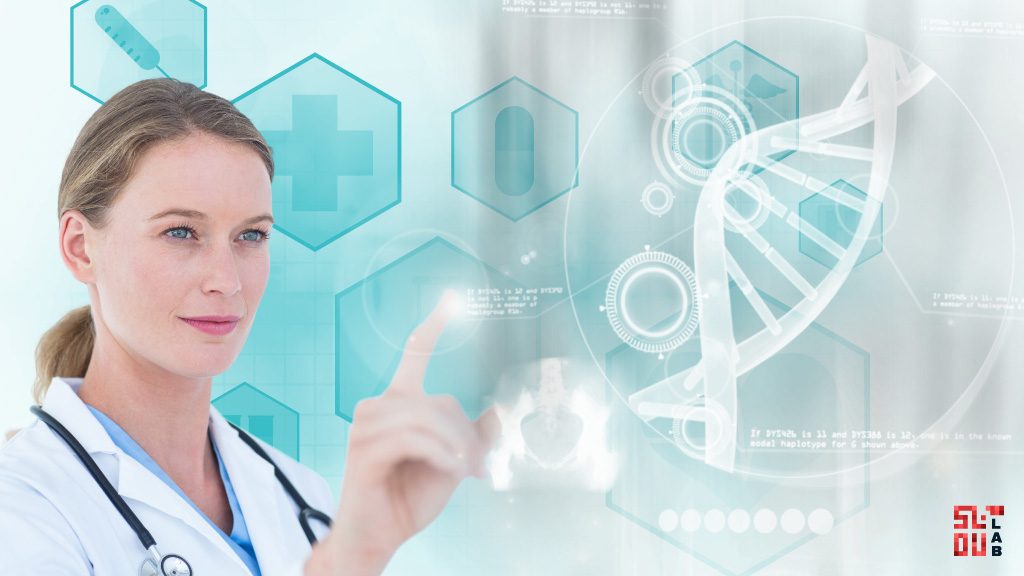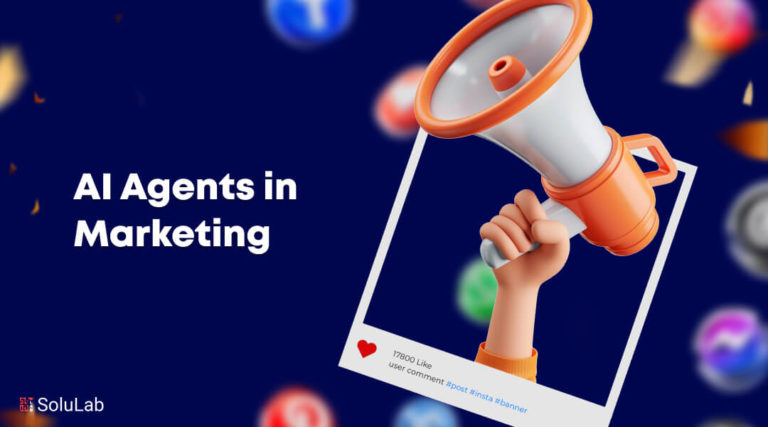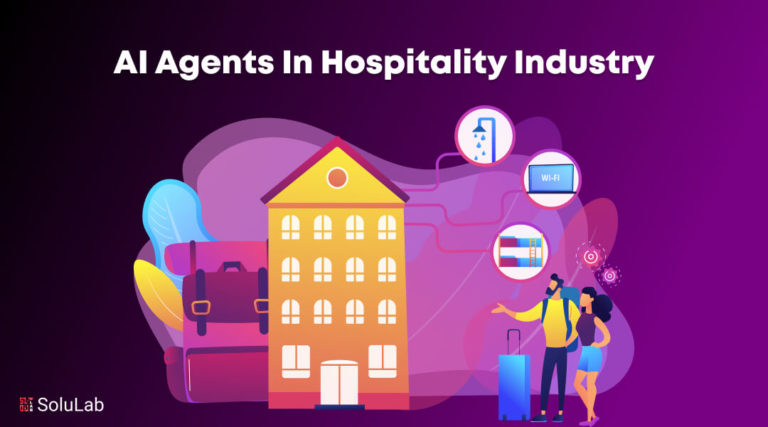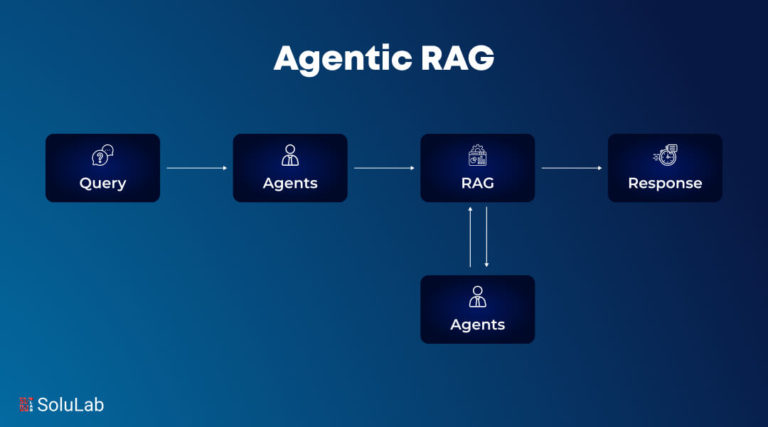
How does Machine Learning revolutionize the Healthcare industry in 2020?
Healthcare is one of the most crucial industrial sectors. Not only it adds up billions of dollars to the GDP of countries, but having adequate healthcare facilities are directly related to the development of a country. Healthcare is usually too expensive in developed countries and lacks appropriate infrastructure in developing and underdeveloped countries. Healthcare industry, along with education, is one of the core sectors which directly impact the living standards of a country.
The phrase Machine learning is self-explanatory. In layman’s terms, it means the ability of a machine to learn a process and perform it without external assistance. Machine learning for healthcare algorithms use mathematical models based on sample data or ‘training data’. These mathematical models are then used to make predictions without being explicitly programmed to perform the task. mHealth is an evolving industry that bridges the gap between healthcare providers and patients.
In today’s world, several technologies can improve the standards of the healthcare industry and reduce costs at the same time. Countries and firms are striving to go ahead in the race to achieve smart healthcare. Machine Learning for healthcare is one of these technologies which can transform the way how healthcare works. It is a subset of Artificial Intelligence that has massive potential in businesses and space exploration. A lot of healthcare providers are investing money in Machine learning and IoT to enjoy the endless benefits in 2020.
When it comes to healthcare, machine learning has a lot to offer. Researchers have used Machine Learning algorithms to detect cancerous tumors and identify skin cancers. Besides detecting cancers, Machine learning can also improve the sensitivity of detection and provide personalized care to patients. In this blog, we’ll explore the possibilities of how machine learning can influence the healthcare industry.
Different ways in which ML impacts the healthcare sector
- Medical Imaging Diagnosis
Experts believe that medical images occupy the most substantial data source in the healthcare industry. There are minute details that the human eye might miss when analyzing images like CT scans or X-rays. Machine Learning algorithms, on the other hand, can process a copious amount of images in a matter of seconds while keeping an eye on the tiniest of details. Numerous studies have been conducted to compare the performance of AI and humans for analyzing medical images. In most of them, machines have performed better than trained professionals when it comes to identifying abnormalities in medical images. - Disease identification and diagnosis
Identification of a disease at the right time can sometimes be a question of life and death. Most diseases have common symptoms, and it is not uncommon for a person to be misdiagnosed. Healthcare professionals often fail to recognize the disease on time due to the many overlapping symptoms. Here, machine learning for healthcare can be instrumental and could be a lifesaver in a literal sense.
Machine learning algorithms can predict the occurrence of diseases at very early stages so that it can be diagnosed adequately. Researchers at MIT’s Computer Science and Artificial Intelligence Lab have come up with a deep learning based model. This model can detect breast cancer up to 5 years in advance. - Robotic Surgery:
Robotic surgery is becoming increasingly popular among medical professionals due to the enhanced precision it offers. Robots can perform complex procedures that can be difficult to perform via conventional methods. From gynecology to nephrology, modern robots can perform surgical operations in multiple domains.Machine Learning algorithms could further enhance the precision of these robots. ML can potentially eliminate the risk of human error while performing surgeries.
- Personalized medicine:
AI and Machine Learning can go a long way when it comes to designing a personalized medication program for each individual. Machine Learning can be used to analyze multiple data sources like age, genetics, lifestyle data and wearables data to develop personalized treatments for several ailments. Researchers have been able to design personalized medications for diseases like cancer, diabetes and clinical depression.
IBM Watson Oncology is leading the race in providing personalized cancer treatment. They analyse the medical history of patients and generate multiple treatment options. - Drug Manufacturing:
Research and development is one of the critical areas that could profit by using Machine Learning. Pharma companies spend billions of dollars on R&D, and the process can be time-consuming. Machine learning can drastically reduce the cost, and the time it takes to develop new drugs.Microsoft is one of the tech companies that is exploring the pharma field by leveraging AI-based technologies. Their Hanover project is aimed at developing new drugs for cancer treatment by using deep learning and machine reading technology.
- Outbreak Prediction
Due to factors like antibiotic resistance and weak immunity, outbreaks have become a frequent occurrence. Coronavirus in China being the latest one of them. Outbreaks can very hard to predict and can cause incredible loss of life in a matter of days.Epidemiologists are now using AI and Machine Learning algorithms to analyze data and predict possible epidemics.
Outbreak prediction can be crucial for developing countries as they lack resources to deal with them. Timely detection of possible outbreaks can allow these developing countries to prepare themselves for any such calamity.
- Improved Radiotherapy
Doctors are keen on the prospects of Machine learning in the field of Radiology. AI-based techniques could be used to prescribe the radiation dosage for each patient.
There are types of lesions and tumors that can be difficult for radiologists to detect. This can lead to misdiagnosis of the disease. ML algorithms can learn from the plethora of samples on hand and can perform precise identification.
In a Nutshell
Effective and affordable healthcare is the right of every human being. Researchers are striving to achieve exactly that by combing the fields of medicine and Artificial Intelligence. Machine Learning for healthcare is the most crucial aspect of AI that is witnessing a meteoric rise in the healthcare industry. As mentioned in the points above, it is clear that machine learning has tremendous potential to revolutionize the healthcare sector.
There are still numerous possibilities for AI in the field of medicine that are yet to be discovered. Machine learning is already making rapid strides in robotic surgery, oncology and R&D of drugs. Not only can AI save costs but can also prove to be a lifesaver for many of the future patients.




